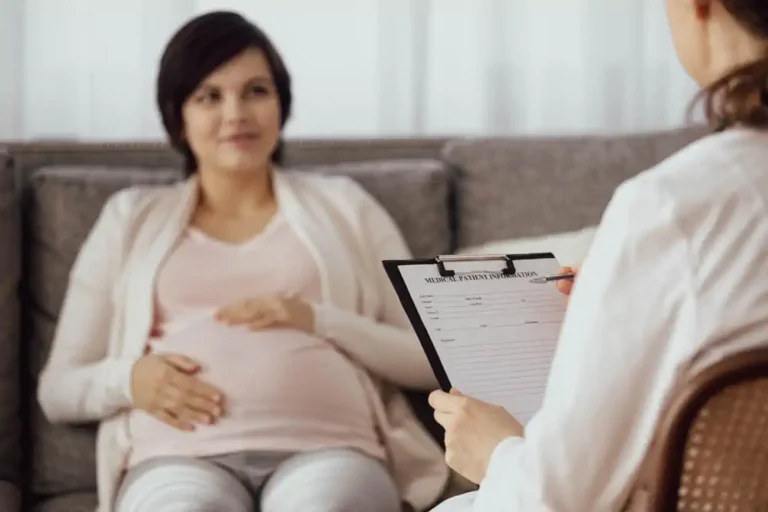Pre-pregnancy planning and support
GPs are ideally situated to provide preconception care to women. Effective prenatal counselling can assist couples to optimise their health prior to conception, and includes such factors as diet, exercise, folate and iodine supplementation, confirming that vaccinations are up to date, and enquiring into infectious disease risk and personal and family history to assess risk, including the risk of genetic conditions to determine whether further testing should be considered. GPs can also assess and provide advice in regard to substance use (smoking, alcohol and illicit substances), family violence, environmental exposures, chronic disease, mental health and medication risks.
Pregnancy support
While the best opportunity to optimise pregnancy outcomes comes from preconception lifestyle modifications and advice, the next best opportunity comes from appropriate education and risk identification of women in the first trimester. Diagnosis and appropriate management of early pregnancy and its complications is a vital role for all GPs. In addition, where there is a pre-existing condition or disease or one that emerges during pregnancy, the GP is well placed to work collaboratively with other members of the extended care team to manage the comorbidities. Pregnancy support counselling is also an important aspect of pregnancy care if you have concerns making decisions and exploring possible options about the pregnancy.
Postnatal support
The postnatal period can be a vulnerable time for women and their families as they adjust to the change that a newborn baby brings. GPs have a vital role in undertaking regular reviews during this time as well as working in effective collaboration with other health providers such as maternal and child health nurses, midwives, lactation consultants, paediatricians and obstetricians to optimise outcomes for families. It is critical postnatally that clinical handover back to the GP occurs at or before the time of hospital discharge. This handover allows GPs to facilitate high-quality postnatal care and to understand and anticipate the needs of the woman, her partner and her newborn.
GPs are also well placed to provide ongoing management of medical conditions that may have developed in pregnancy, such as hypertension, diabetes and anaemia. Preventive health and lifestyle recommendations can be instituted, which can affect long-term health outcomes for women, their families and, crucially, for subsequent pregnancies.






